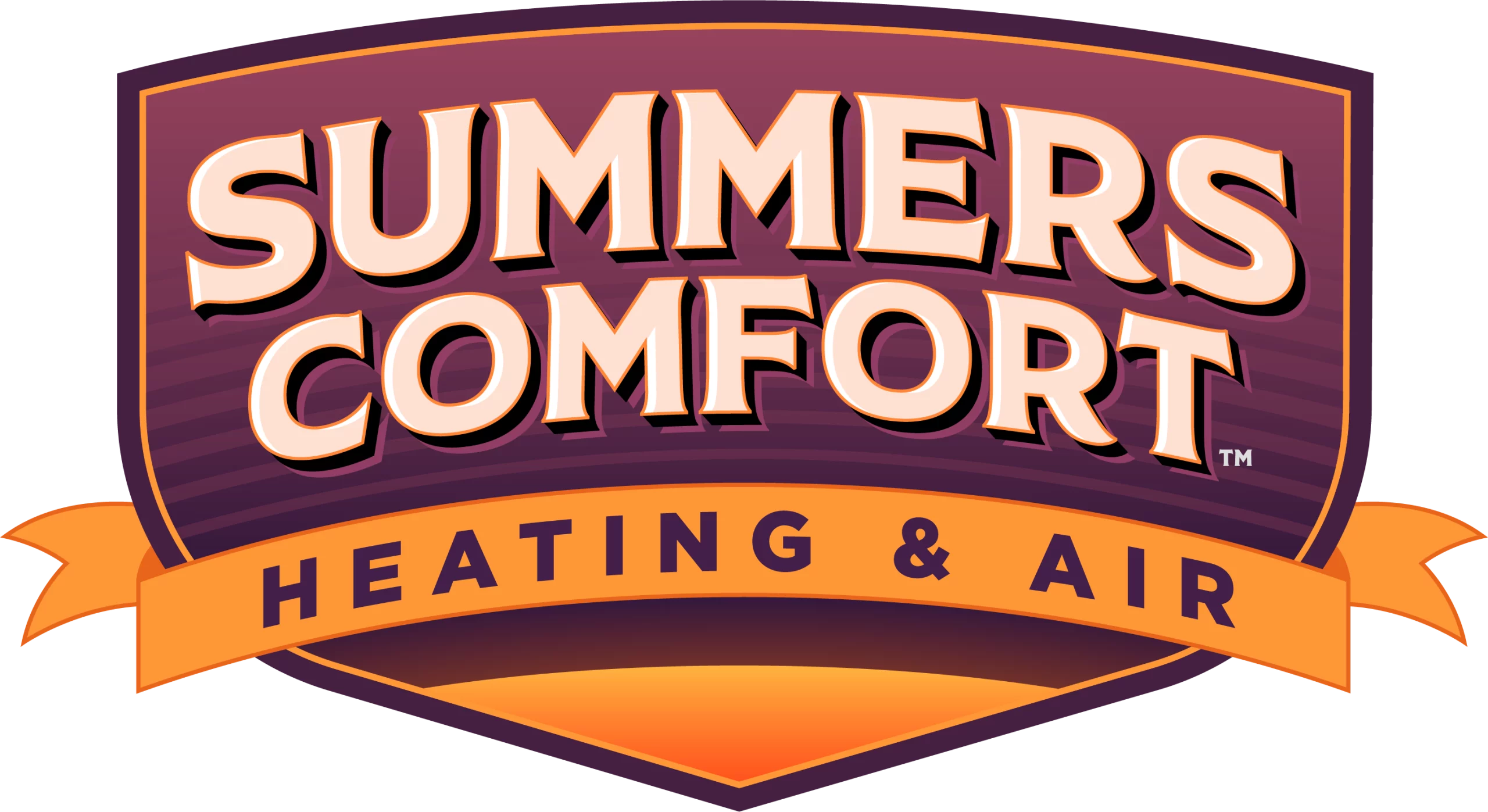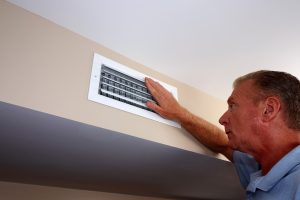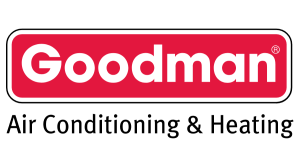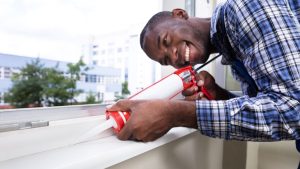How Much Can I Save by Sealing My HVAC Vents?
According to studies, when it comes to energy efficiency in the home, sealing HVAC vents is among the most important things one can do. Air being lost through ductwork releases a good amount of energy which inflates ones energy bills and also note the home’s level of comfort. But how much can be saved by sealing up your HVAC vents, and what are the long term savings? In this piece, we break down the costs, savings and other benefits of vent sealing as part of the larger vent sealing.
What is HVAC Vent Leak
Your house has a distribution system comprising vents and ducts which works to supply heated or cooled air based on the needs of the structure. In case these ducts, vents, or valves are damaged or not tightly sealed, the conditioned air escapes into the unconditioned space in any of the following: attic, basement or crawl space. That means the HVAC system performs extra work to reach the desired temperature in the house which only brings extra energy consumption and hardware stresses.
What Causes the leaky Vent?
Age and Wear: Generally, with age and over time, duct work easily develops cracks, gaps, loose connections and what not.
Poor Installation: Ducts that were not installed in the first place may start already weak and never have effective seals.
Rodents or Pests Wearing Out the Duct: These critters can gnaw on duct material causing leaks.
Thermal Changes: Hot or cold shifts in the atmosphere can make the duct materials expand and shrink, which can cause seals to become weak.
How Much Energy Is Lost because Of Leaks?
The U.S. Department of Energy (DOE) says that a single leaky duct system has air air loss figures for a typical home to be about 20-30 percent for the air which passes through the system. In elderly HVAC unit owners or in those with poorly maintained ducts this percentage maybe even higher. This excess access of air is directly related to excess amount spent on energy bills.
The Consequences of Unsealed Ducts and Vents
Now before going ahead with the expected benefits let us first consider the disadvantages of Unsealed vents and ducts area:
Higher Energy Bills: The more the air is lost, the more effort needed our HVAC system to adjust, which means that more electricity or fuel is wasted, resulting in hundreds of extra utility liabilities in a year.
Reduced Comfort: Leaking vents allow too much cold/hot air into the room requiring excessive cooling or heating of the rooms causing unnecessary temperature stress.
Increased Wear and Tear: When HVAC units are in an overworked state for long periods, chances of them functioning properly are thin leading to expensive maintenance or early replacement.
Poor Indoor Air Quality: Your duct systems can foster leaks that let in dust, allergens, as well as all kinds of contaminants into your house.
How Much Of A It Is Worth To Seal Off Your HVAC Vents?
To a large extent, the amount you can save depends on a number of factors namely; the size of the house, how extensive the leaks are, and your current energy usage. Nevertheless, the DOE says that homeowners can reduce their heating and cooling expenses by as much as 20% if they simply seal their ductwork and vents properly.
Under the Numbers:
Average Annual HVAC Costs: As reported by the EIA, an average household in the U.S. forks out over $1200 every year on heating and cooling.
Potential Savings: A household lasting through a 20 percent cut would mean transforming a loss of 240 dollars in estimate over a year.
Lifetime Savings: A decade sees one save 2400 dollars, this figure is exclusive of the other merits of increased comfort levels as well as system’s life.
For larger homes or the homes with fairly poor systems in place, the amount saved could be more than that.
What Steps are Followed to Seal Vents and Ducts?
Vent sealing and duct sealing in HVAC systems are almost the same steps that include detection of leaks, application of the sealing material and then carrying out the efficiency tests of the system. Below are the stages involved in the process:
Scrutiny: This is with a professional HVAC technician who looks for large holes in ducts, loose joints, and other places that may cause air to escape.
Sealing: Windows and doors that are gaping or have leaks are closed using either mastic sealant or highgrade tape made of metal. Also duct tape is not recommended as it does not last long as a good sealant.
Evaluation: After sealing, pressure tests are conducted by the technicians in order to check the amount of airflow and if the leaks have been properly solved.
Figure Out Additional Insulation: In some situations it is possible to install insulating material on the ducts that are located in the mix to only enhance the operation.
DIY vs. Professional Vent Sealing
While it’s possible to seal some leaks on your own, a professional HVAC technician can provide more thorough and effective results. Here’s a comparison of the two approaches:
| DIY Sealing | Professional Sealing |
|---|---|
| Suitable for minor, visible leaks | Addresses all leaks, including hidden ones |
| Requires basic tools and materials | Involves advanced diagnostic tools |
| May not include system testing | Includes pressure testing for efficiency |
| Lower upfront cost | Higher upfront cost, greater long-term savings |
Cost of Professional Sealing
The cost of professional vent sealing varies based on the size of your home and the condition of your ductwork. On average, you can expect to pay between $1,000 and $2,500. While this may seem like a significant investment, the long-term savings and improved comfort often outweigh the upfront costs.
More Reasons to Seal Your HVAC Vents
In addition to the cost savings, sealing your HVAC vents provides additional benefits that expand. The overall comfort and efficiency of your home is improved in the following ways:
1. Coverage Areas are More Sensible
By eliminating leaks, you can be sure that cooled or heated air will not be confined to certain areas in your house.
2. Prevention of Dust and Allergies in the House
With the sealing of ducts, you can also avoid dust, allergens, and other contaminants from getting into the system indoors.
3. Extended Durability of the HVAC System
Since your system will have reduced utilization, the wear and tear on the HVAC equipment will also be limited, thereby enhancing its life span and reducing repair needs.
4. Lesser Dependence on Energy
By doing so, one of the drawbacks of using minimising is, of course, the carbon footprint on the property and the impact on the environment.
How to Get the Most Return After Sealing the Vents
Sealing the vents unlimited resources already is a very good step so as to tap into energy efficient strategies but using it with other strategies can help save more:
Upgrade Your Thermostat: Programmable and smart thermostats help to schedule the timings of the heating and cooling.
Regular Air Filter Changes: This captures the dirt and cleaner filter system improve the air flow meaning work load on your system will be less.
Insulate Your Household Properly: Correct insulation will lower the heat transfer making the work performed by the HVAC system much better.
Schedule Regular Maintenance: Annual HVAC tune-ups keep your system running smoothly and identify issues before they become costly problems.
Is it beneficial to seal the vents of your HVAC unit?
Sure! There is a reasonable initial cost for sealing your vents but the overall savings and profits outweigh the cost thus it is absolutely worth it. Sealing the vents mean lower energy bills, better comfort, and an improvement in the lifespan of the HVAC System which ensures good returns for the initial investment.
Start Sealing your Vents with Summers Comfort Heating & Air
For those who want to be more cost effective and comfortable in their homes, Summers Comfort Heating & Air is more than willing to assist you. We have a team of qualified,talented and experienced HVAC technicians who offer professional vent sealing services that are designed to meet the needs of the customers. First, we will examine your system, then we will seal the leaks, and finally we will assist you to live in a more efficient and comfortable atmosphere.
Contact us now to arrange an appointment for an HVAC vent sealing consultation and begin your journey to enjoying lower electricity bills and improved home performance.
CHECK OUT: Can I Just Put Vinegar In An HVAC P-Trap?
Shannon Ohlinger
Content Creator, Writer, USMC Veteran
“Today, you will plant seeds for trees you will neither climb nor sit beneath their shade.”




